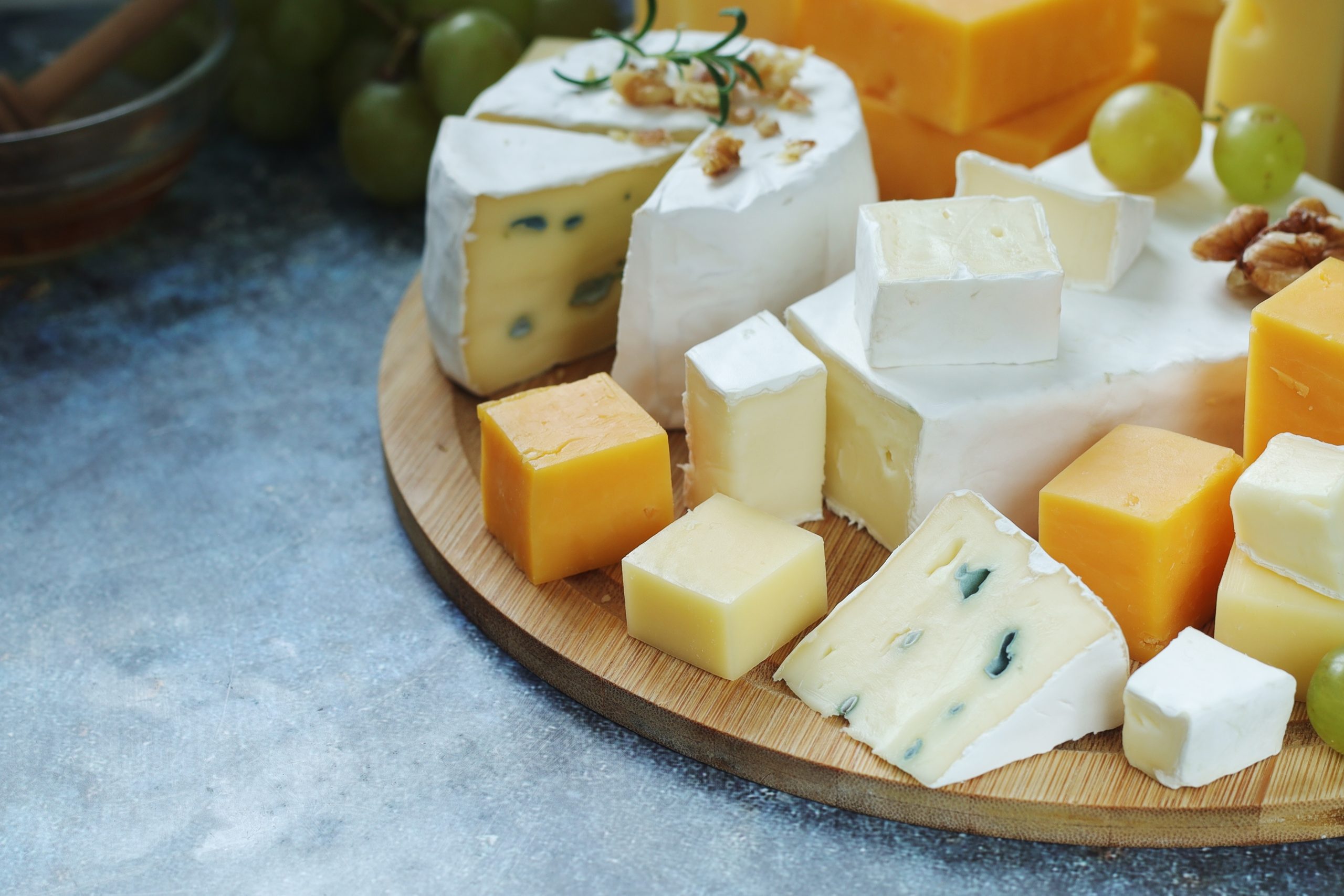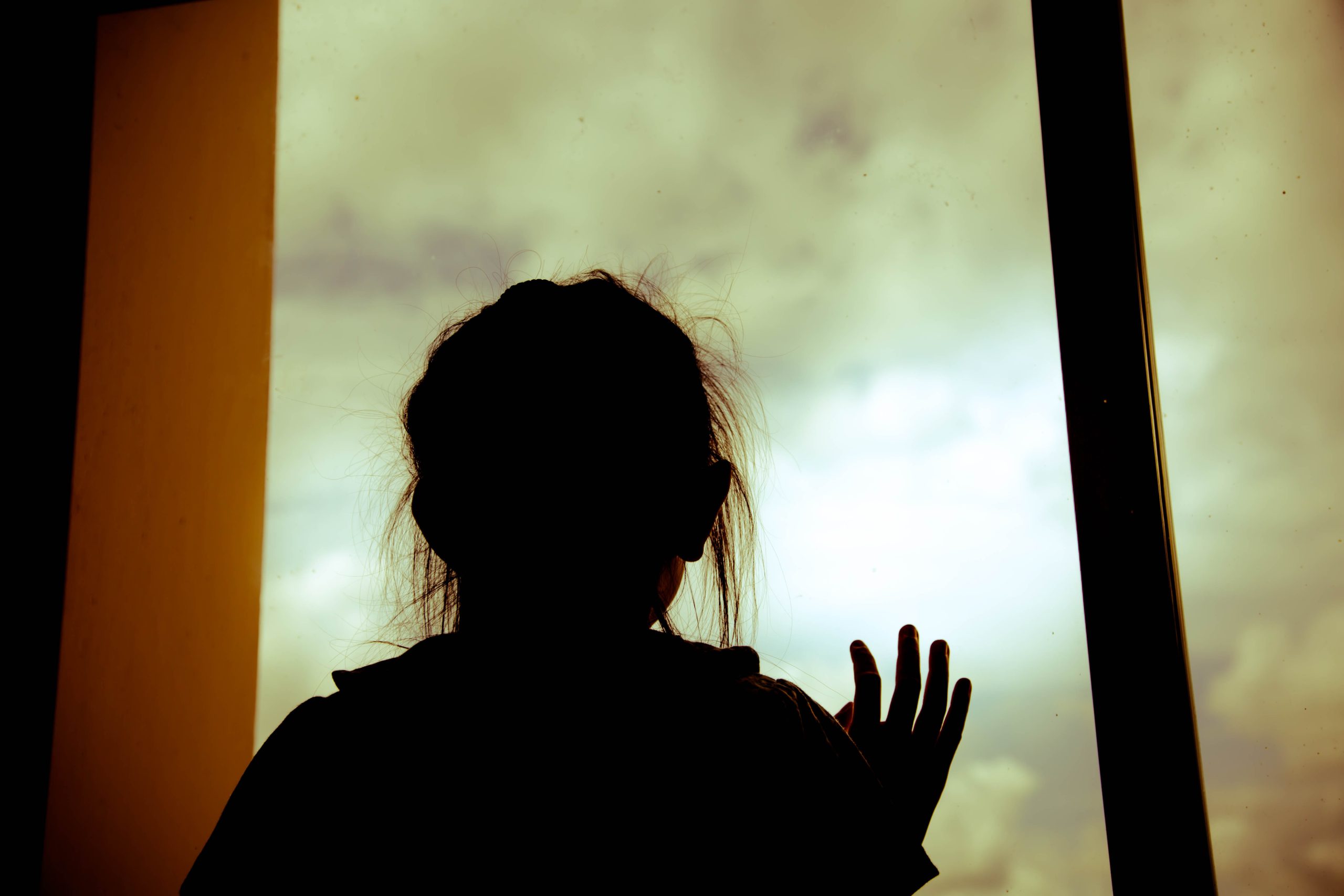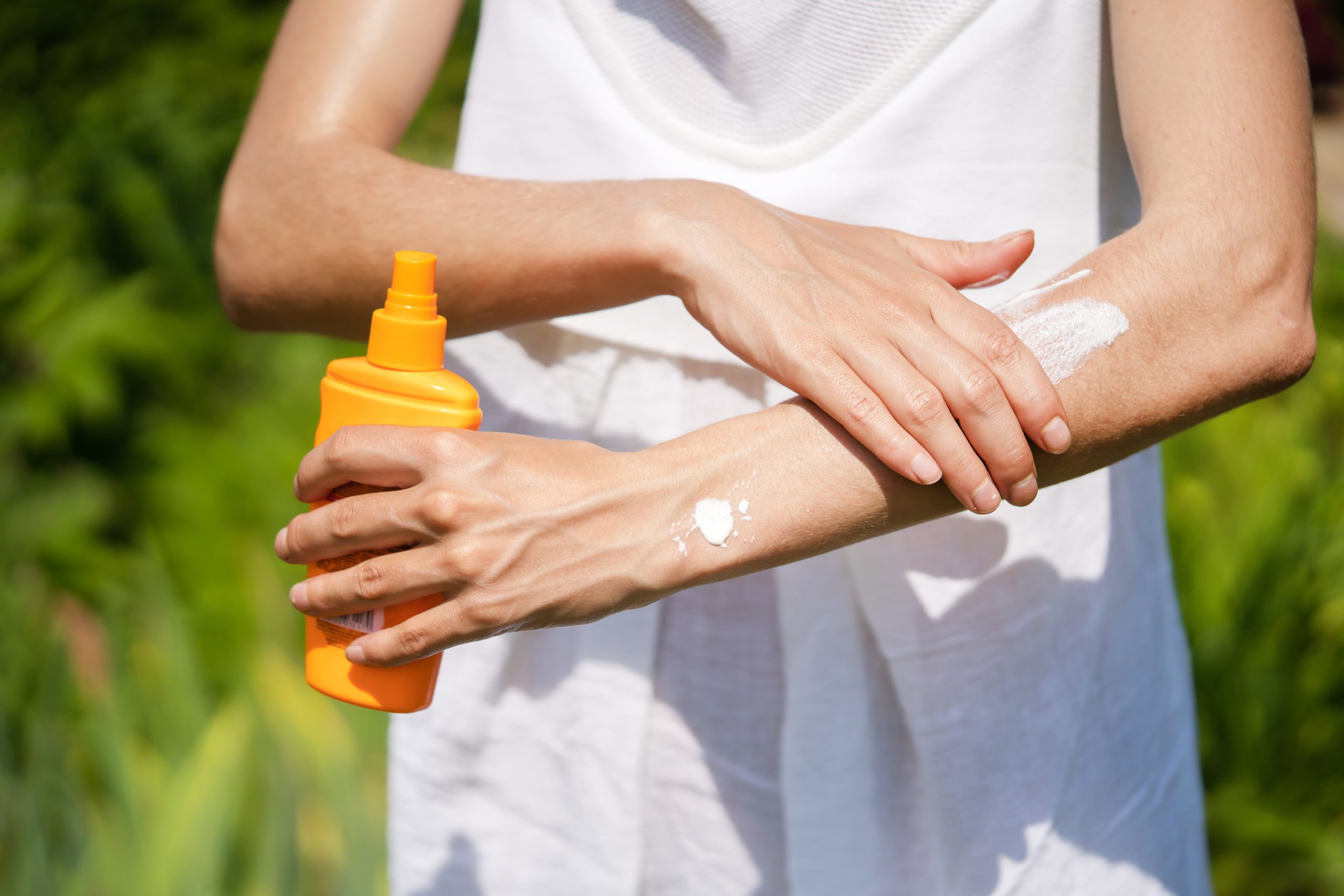Cheese may have been the silent culprit behind your restless nights and wildest dreams, and new science dares to crack open this century-old myth with data that will make you rethink that midnight snack.
Story Snapshot
- Large-scale research links late-night cheese and dairy—especially for the lactose intolerant—to more frequent and intense nightmares.
- Results challenge the old wives’ tale by providing empirical evidence and exploring the biological “why” behind the folklore.
- Gastrointestinal discomfort may be the missing link between dairy and bad dreams, with implications for sleep hygiene and dietary advice.
- Findings could shift public health messaging, consumer habits, and even the food industry’s late-night snack lineup.
Cheese, Nightmares, and the Persistence of a Folk Tale
For decades, the belief that cheese before bed causes nightmares has been dismissed as little more than a bedtime fable. Yet, beneath the laughter, the question lingered: what if there’s more to this myth than meets the eye? In a Canadian university study spanning over a thousand psychology students, the answer began to surface. Researchers found that those indulging in late-night dairy, especially individuals with lactose intolerance, reported a clear uptick in nightmare frequency and intensity. The scale and rigor of this research mark a departure from prior anecdotes and small-scale tests, offering data that reframes the conversation around bedtime eating.
What makes this study stand out isn’t just its size. Surveying 1,082 students provided a robust snapshot, but it was the dual focus on subjective dream experiences and the physiological reality of gastrointestinal symptoms that took things further. The evidence pointed not just to a correlation, but to a possible mechanism. When cheese or dairy triggers GI distress in lactose-intolerant sleepers, the discomfort may disrupt sleep cycles and make the brain’s dream machinery go haywire. Participants with lactose intolerance didn’t just sleep poorly—they dreamt more vividly and, often, more disturbingly. The research, published in Frontiers in Psychology, carves out a new path between food sensitivities, sleep quality, and the strange theater of our dreams.
The Science Behind the Dream: Why Dairy Upsets Sleep
Digging into the physiological connection, sleep researchers suggest the culprit is not cheese per se, but how the body reacts to it if you can’t digest lactose. When undigested lactose ferments in the gut, it can cause bloating, cramps, and other discomforts. These symptoms don’t just keep you awake—they can fragment your REM sleep, the stage most associated with vivid dreaming and nightmares. This lines up with the study’s findings: students with self-reported lactose intolerance and GI issues after late-night dairy had the most intense dream disruptions. The research doesn’t claim absolute causality, but the association is robust enough to make anyone with a penchant for midnight pizza think twice.
Historical context adds another layer. The cheese-nightmare link isn’t new; it winds back to early 20th-century comic strips like Winsor McCay’s “Dreams of the Rarebit Fiend,” which popularized the comic vision of bizarre dreams after cheesy meals. Yet, until now, scientific evidence has lagged behind the myth. Previous studies were either too small or too anecdotal to settle the debate. This new data, while still reliant on self-reporting, provides the most systematic look yet at how what we eat can haunt our sleep.
Implications for Health, Habits, and the Food Industry
For the millions who suffer from lactose intolerance or who simply want a better night’s sleep, the take-home message is clear: your late-night cheese habit could be the reason you wake up in a cold sweat. But the story doesn’t end with the individual. Public health experts and nutritionists are now weighing whether to update sleep hygiene guidelines and dietary recommendations in light of these findings. The food industry, always quick to spot a trend, may soon flood shelves with “sleep-friendly” snacks that don’t provoke the same gut reactions. In an era where sleep quality is a public health issue, even small dietary tweaks could have a ripple effect.
Not all experts are ready to rewrite the rulebook. Critics point out that only a minority in the survey—about 5.5%—reported food affecting their dreams at all, and the study’s reliance on self-reported symptoms leaves room for bias. The brain-gut connection is notoriously complex, and while the evidence for a cheese-nightmare link is stronger than ever, the call for more controlled, objective research is just as loud. Yet, for those who have long blamed their odd dreams on a late-night grilled cheese, science is finally offering validation—and perhaps a solution as simple as swapping cheddar for chamomile.
Sources:
AARP: Can Cheese Cause Nightmares?
ScienceAlert: Cheese May Actually Fuel Nightmares
Frontiers in Psychology: Cheese May Really Be Giving You Nightmares











